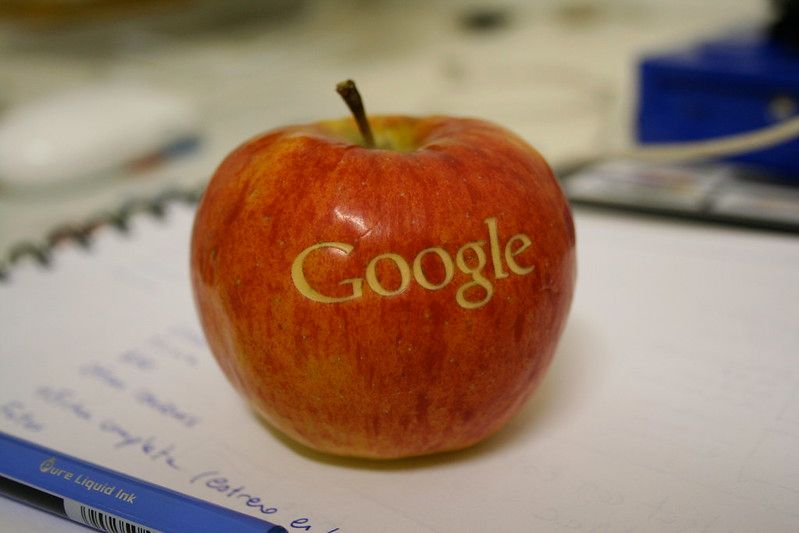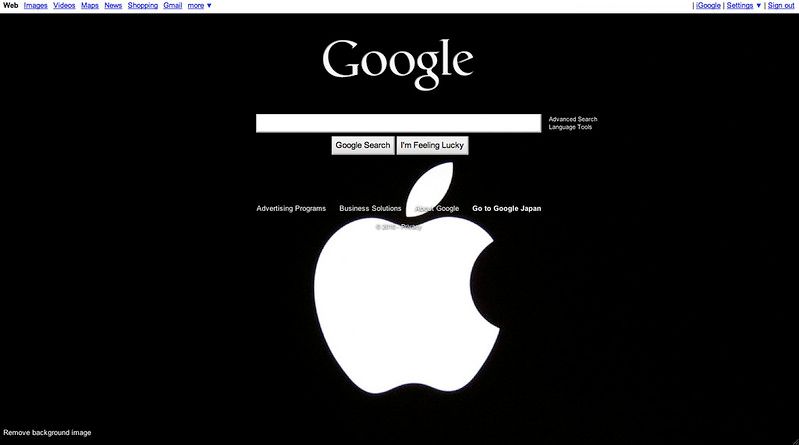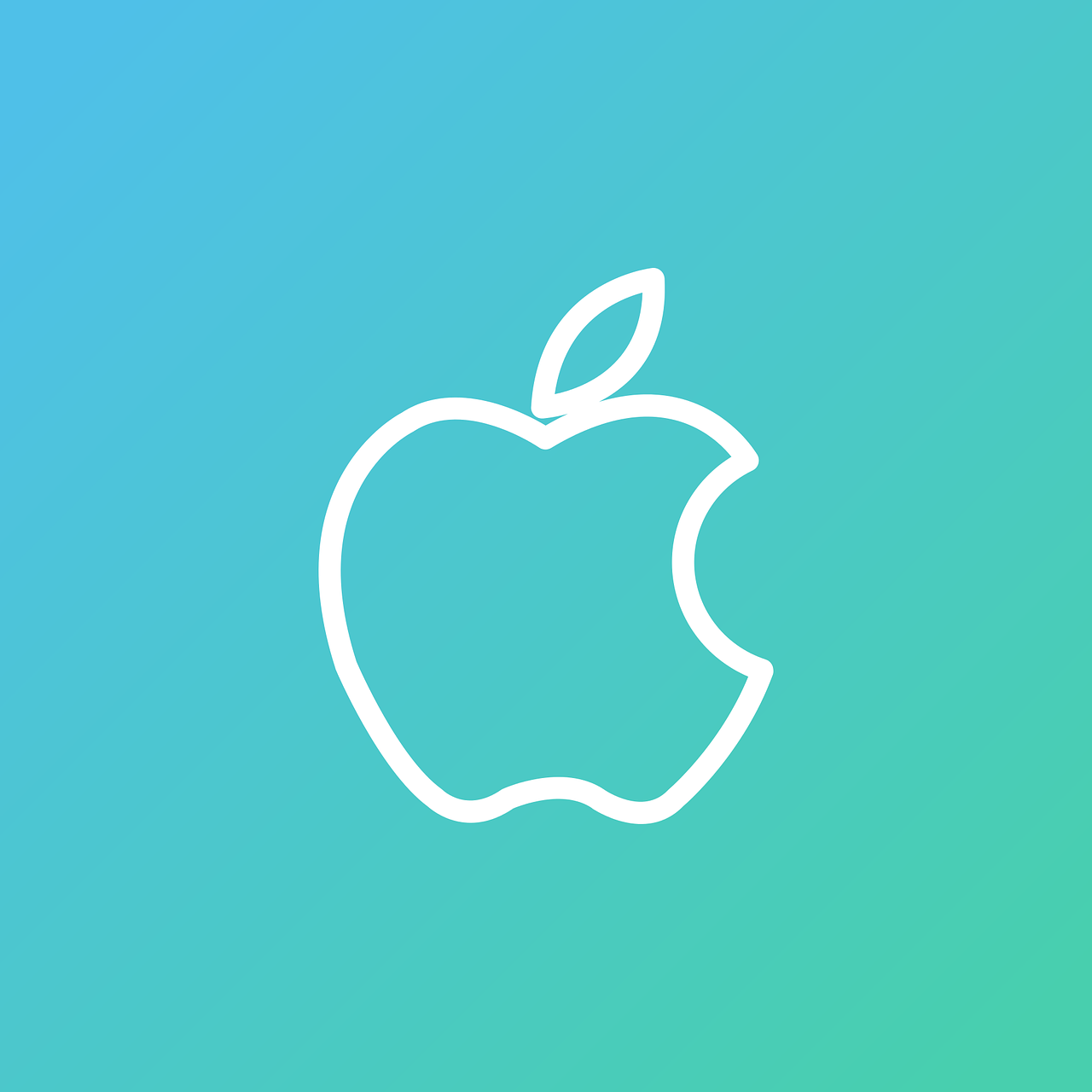The Epic Legal Confrontation Shaping the Future of Mobile Apps
In a legal battle that could fundamentally reshape the mobile app ecosystem, tech giants Apple and Google find themselves embroiled in a high-stakes litigation against the gaming giant Epic Games. This monumental clash, currently unfolding in the Federal Court of Australia, revolves around allegations by Epic Games that Apple and Google have engaged in anti-competitive practices and have misused their market dominance in the operation of their respective app stores. The outcome of this legal confrontation holds profound implications for consumers, developers, and the entire tech industry.
The Key Players and Their Market Positions
To contextualize this legal saga, it is crucial to understand the primary parties involved and their respective market positions:
Apple Inc.- A tech juggernaut with an astounding net worth of $2.679 trillion, Apple dominates the Australian and the world’s, generally smartphone market, commanding a nearly 58% share. The company staunchly defends its App Store policies, asserting that they are essential to ensuring consumer safety, security, and continued platform investment. Apple maintains that its approach fosters a cohesive and high-quality user experience.

"An apple with the logo of Google made with laser" by missha is licensed under CC BY-NC-SA 2.0.
Google LLC- Another tech titan with a net worth of $2.07 trillion, Google's Android operating system powers over 41% of Australian smartphones. The company argues that its app marketplace, Google Play, offers a fair deal to developers while promoting an open ecosystem that fosters choice and innovation. Google prides itself on providing more flexibility than Apple's closed ecosystem.
Epic Games, Inc. - A gaming industry powerhouse with a net worth of $32 billion, Epic Games is the creator of the immensely popular video game Fortnite. The company has spearheaded the challenge against Apple's and Google's app store policies, alleging that their practices stifle competition, reduce innovation, and extract exorbitant fees from developers, ultimately harming consumers.
The Crux of the Legal Battle
At the core of this legal confrontation lies the contention over the fees that Apple and Google charge developers for in-app purchases and app distribution through their respective app stores. Both companies impose commissions ranging from 15% to 30% on these transactions, a practice that Epic Games alleges is excessive and anti-competitive.

"Google and Apple" by berrytokyo is licensed under CC BY-SA 2.0.
Epic Games contends that these fees, coupled with the restrictive policies governing app distribution and in-app purchases, constitute a misuse of market power by Apple and Google. The gaming company asserts that these practices harm developers by limiting their ability to innovate, offer competitive pricing to consumers, and explore alternative distribution channels.
Furthermore, Epic Games argues that the tech giant's app store policies effectively create a duopoly, granting Apple and Google an unprecedented level of control over the mobile app market. This alleged dominance, according to Epic Games, stifles competition and deprives consumers of choice and innovation.
The Courtroom Drama and Bold Allegations
The proceedings in the Federal Court of Australia have already witnessed dramatic moments, with Epic Games' CEO, Tim Sweeney, making bold statements criticizing Apple and Google's practices. Sweeney has branded the tech giants as "bullies" and their commission structures as "exquisitely crafted junk fees." He has vowed to engage in a "prolonged legal battle" to compel changes in their policies, accusing them of wielding their power to extract excessive fees from developers while stifling competition.
In response, Apple and Google have staunchly defended their practices, asserting that their app store policies are necessary measures to maintain platform security, safeguard user data, and ensure a high-quality user experience. They contend that Epic Games' actions are primarily motivated by a desire to increase its own profits rather than genuine concerns about competition or consumer welfare.
Apple, in particular, has vehemently rejected Epic Games' allegations, stating that the gaming company is seeking "a free and unfettered license to use Apple's intellectual property to enhance its own bottom line at the expense of the user experience and other developers."
Potential Implications and Global Ramifications
The outcome of this legal battle could have far-reaching implications for the entire mobile app ecosystem, extending well beyond the borders of Australia. If Epic Games prevails, Apple and Google may be compelled to modify their app store policies substantially, potentially leading to lower fees for developers, increased competition, and greater consumer choice.
A ruling in favor of Epic Games could also embolden regulatory bodies and lawmakers around the world to introduce new laws and guidelines governing the operations of app stores and the treatment of developers. This could pave the way for alternative app distribution channels, fostering a more open and competitive mobile app market.

Photo from: Pixabay
Conversely, a victory for Apple and Google would reinforce the status quo and validate their existing practices, cementing their control over the mobile app ecosystem. Such an outcome could discourage future legal challenges and potentially perpetuate the alleged anti-competitive behaviors at the heart of Epic Games' allegations.
The Class Action Component and Potential Compensation
Adding another layer of complexity to this legal saga is the parallel class action lawsuit involving 15 million Australian consumers and 150,000 local app developers. This class action, led by law firms Phi Finney McDonald and Maurice Blackburn, seeks compensation for alleged overcharging by Apple and Google through their app store fees.
Notably, the success of this class action is contingent upon the outcome of Epic Games' case against the tech giants. If Epic Games emerges victorious and Apple and Google are found to have engaged in anti-competitive practices, it could trigger the class action lawsuit, potentially resulting in a massive payout for Australian consumers and developers.
The lead lawyers in the class action have estimated that the potential damages claim could reach into the "high hundreds of millions" of dollars, making it one of the largest class action lawsuits in Australian history. This staggering sum underscores the significant financial implications at stake in this legal battle.
Broader Implications for the Tech Ecosystem
Beyond the immediate ramifications for the mobile app market, the outcome of this legal battle could have broader ripple effects throughout the tech ecosystem. A ruling in favor of Epic Games could embolden other companies and developers to challenge the alleged monopolistic practices of tech giants in various domains, fostering increased competition and innovation.
Moreover, the case has garnered significant attention from industry stakeholders, policymakers, and regulatory bodies worldwide. A decision that upholds Epic Games' allegations could prompt scrutiny of other tech giant's business practices and potentially lead to increased regulatory oversight and antitrust enforcement actions.
Conversely, a victory for Apple and Google could solidify their dominance and reinforce the existing power dynamics within the tech industry, potentially discouraging future challenges and perpetuating the status quo.
The legal battle between Apple, Google, and Epic Games represents a pivotal moment in the evolution of the mobile app industry and the broader tech ecosystem. The implications of this case extend far beyond the courtroom walls, affecting consumers, developers, and the entire technology landscape.
As the legal proceedings continue to unfold in the Federal Court of Australia, all eyes remain fixed on this high-stakes confrontation. The ultimate outcome will shape the future of mobile app distribution, in-app purchases, and the competitive landscape for years to come. Whether this legal clash ushers in a new era of increased competition and consumer choice or reinforces the existing power structures remains to be seen. One thing is certain – the reverberations of this epic legal battle will be felt throughout the global tech industry.








